detail profile tibor moln c3 a1r
Peran Yang Di Mainkan Tibor Molnár
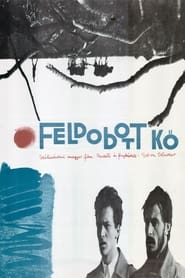 An aspiring film student is denied...
An aspiring film student is denied...The Upthrown Stone 1969
An aspiring film student is denied a scholarship to the state-funded university when his father is thrown in jail. The man had stopped a train in order to facilitate the union between two old friends. The son then takes a job as a land surveyor and meets a Greek man who works towards the collective benefits of the peasants. The man is killed in a peasant uprising prompted by a bureaucratic boondoggle. The surveyor looks after the man's widow as his emerging political and social awareness leads him take a stand against government injustice. Another incident, in which gypsies are rounded up by state hygiene workers, further galvanizes the man's beliefs. He photographs the incident, and his work allows him to be accepted into the school from which he was previously denied admission.
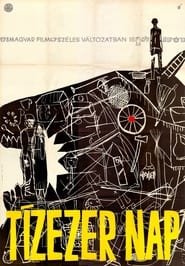 The changing and turbulent history of...
The changing and turbulent history of...Ten Thousand Days 1967
The changing and turbulent history of Hungary is seen through the eyes of three men over a 30-year period in this somber drama. The three recall the highlights of their lives in flashbacks as they reminisce in the mid 1960s. The venerable trio begin their story in the 1930s, through World War II, and the decade beyond the communist invasion of 1956.
 Andras Kovacs film considered one of...
Andras Kovacs film considered one of...Cold Days 1966
Andras Kovacs' film, considered one of the most important Hungarian films of the 1960s, centers around four men who await trial for their involvement in the massacre of several thousand Jewish and Serbian people of Novi Sad in 1942. Each denies any responsibility, claiming that they were only following orders. The film is significant for its willingness to address the subject of Hungary's role in WWII, which was taboo at the time of the its release.
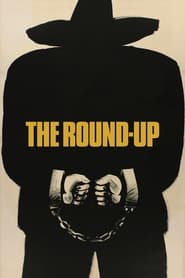 After the failure of the Kossuths...
After the failure of the Kossuths...The Round-Up 1966
After the failure of the Kossuth's revolution of 1848, people suspected of supporting the revolution are sent to prison camps. Years later, partisans led by outlaw Sándor Rózsa still run rampant. Although the authorities do not know the identities of the partisans, they round up suspects and try to root them out by any means necessary.
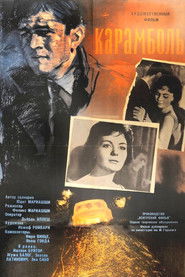 Terpink the bragging man of muscle...
Terpink the bragging man of muscle...Collision 1964
Terpinkó, the bragging man of muscle likes womanising linked with betting: conquering is a great fun for him. He bet one to a hundred on his new boss, Éva. But the wife of the engineer handles all his tricks with annoying benevolence. Terpinkó falls in love with her and therefore he cannot stand her not returning his feelings.
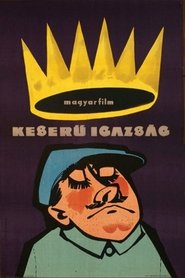 Sztank Jnos the freshly appointed director...
Sztank Jnos the freshly appointed director...The Bitter Truth 1956
Sztankó János, the freshly appointed director of a company that builds agricultural factories meets his former classmate, Palócz. Palócz is just released from the prison where he got on made-up charges. Sztankó suddenly decides to employ the engineer since he wants to show up spectacular, quick results.
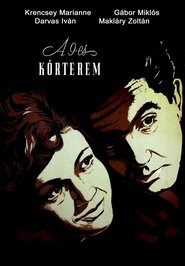 The young worker Tth Gspr gets...
The young worker Tth Gspr gets...Ward No. 9 1955
The young worker Tóth Gáspár gets into hospital with stomachache. During the night his state is worsening. The doctor on duty, Málnási does not attend the patient despite the call of the nurse, for he spends the night with nurse Margó.
 March 15 1848 the revolution breaks out in...
March 15 1848 the revolution breaks out in...The Sea has Risen 1953
March 15, 1848; the revolution breaks out in the town of Pest. Yet at café Pilvax, in among he revolutionary youth, there is the informer of the imperial court as well. Hearing the news of the attack led by Jellasics, the inhabitants of the villages pour into the national army, and Hajdú Gyurka also escapes from his landlord. Petőfi is there at the camp of the revolutionaries, raising them to enthusiasm with his poetry.
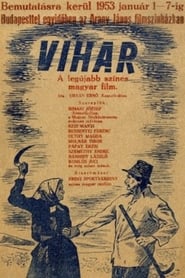 Vrs Hajnal Red Dawn a cooperative...
Vrs Hajnal Red Dawn a cooperative...The Storm 1952
Vörös Hajnal (Red Dawn), a co-operative is the venue of skylarking, while the storm destroys the wheat which is to be harvested soon. Árendás, a middle-peasant, voices severe accusations against members of the co-operative: out of negligence, they failed to keep the ditches clean. It is always the soft option they seem to favour, while the necessity of properly taking care of the farmlands is long-forgotten. Members of the co-operative and the village people are deeply divided.
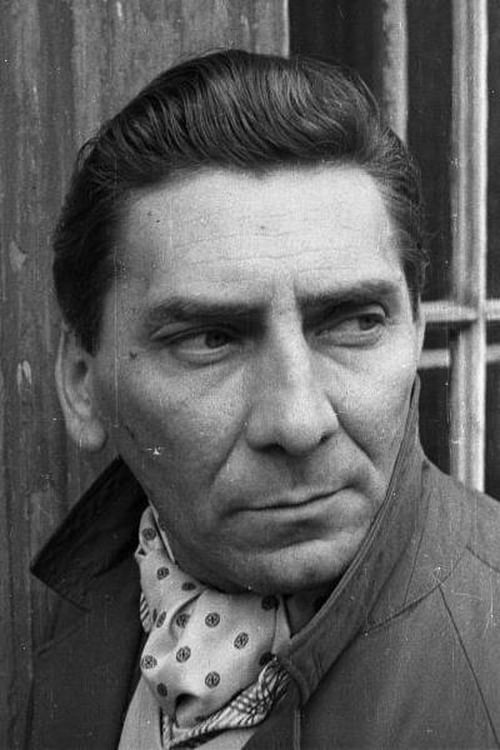
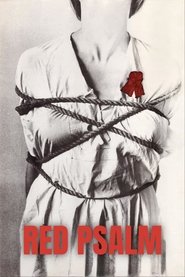 Set in the 1890s on the...
Set in the 1890s on the...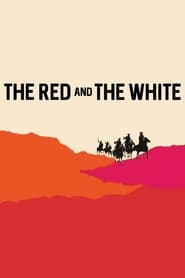 In 1919 Hungarian Communists aid the Bolsheviks...
In 1919 Hungarian Communists aid the Bolsheviks... In the aftermath of World War...
In the aftermath of World War...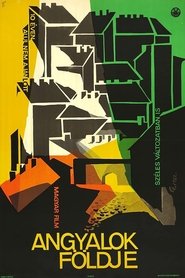 The film is a ballad about...
The film is a ballad about...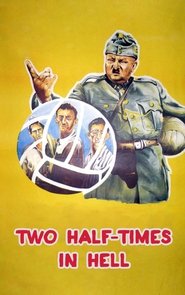 To celebrate Hitlers birthday a soccer...
To celebrate Hitlers birthday a soccer...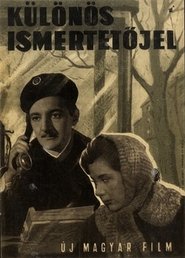 Imre secretary of the illegal communist...
Imre secretary of the illegal communist...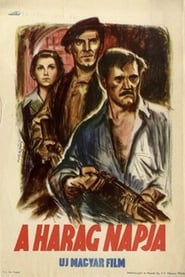 In May 1919 in a small rural...
In May 1919 in a small rural...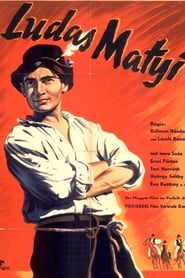 A young peasant boy stands up...
A young peasant boy stands up...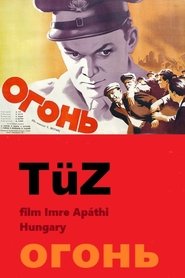 1h 35min 21 October 1948 Hungary
1h 35min 21 October 1948 Hungary